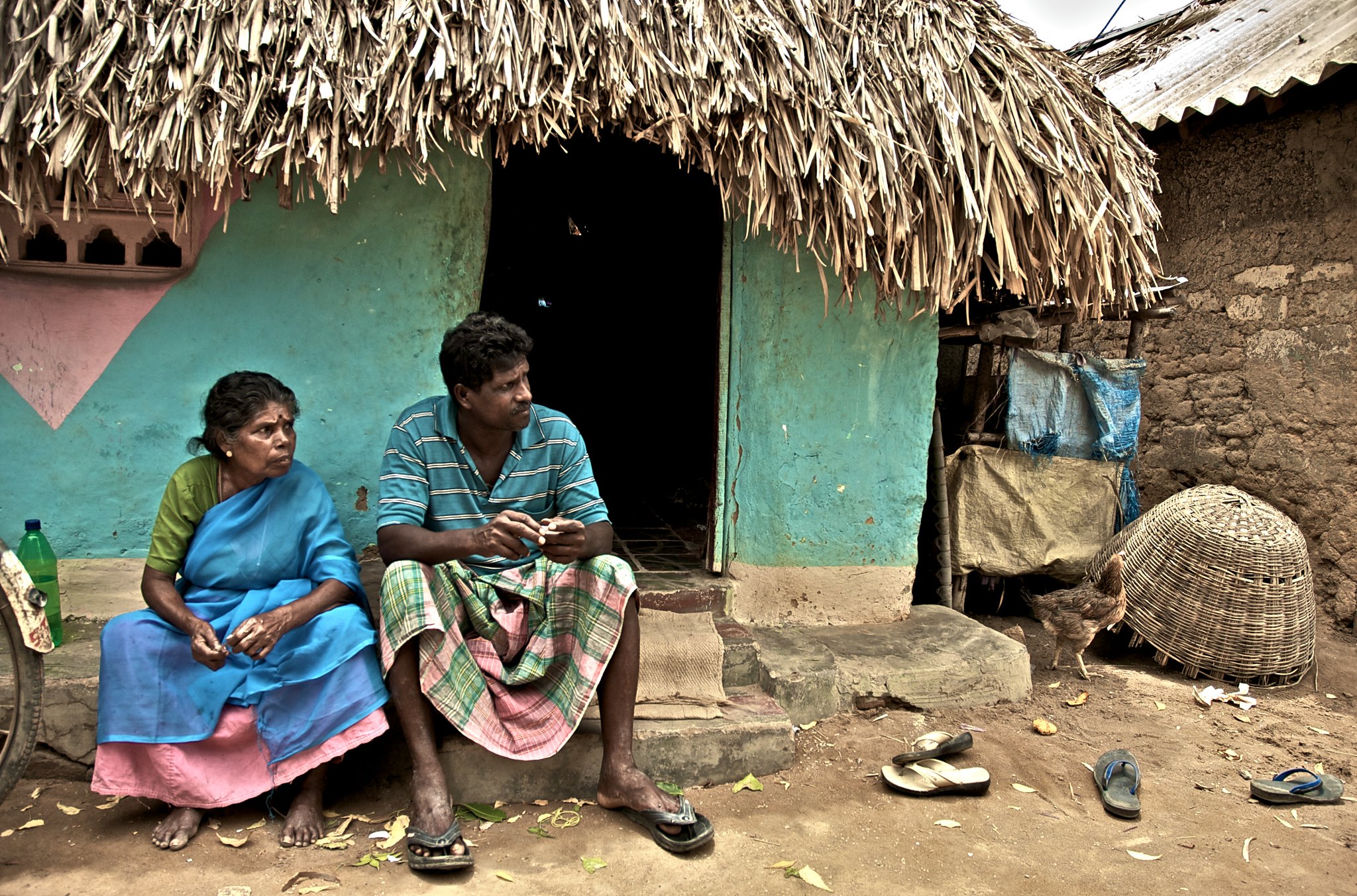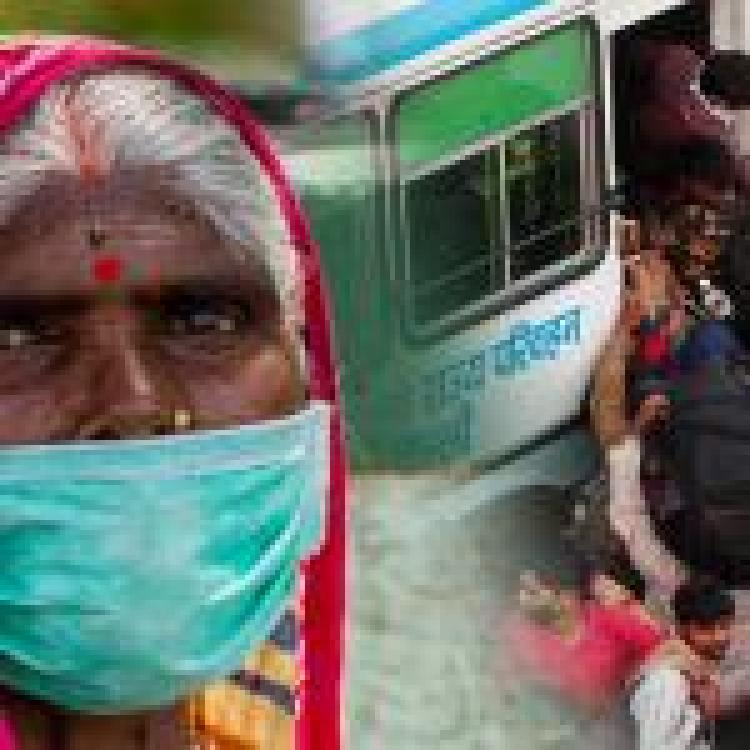
File photograph: Eelam refugees in Tamil Nadu, 2012. Courtesy EC/ECHO Arjun Claire
Tamil refugees from Eelam that are currently residing in camps across Tamil Nadu, have been particularly hard hit by the coronavirus pandemic and lockdown that followed, whilst continuing to face threats to their livelihood.
Besides the threat of contracting the virus in the cramped refugee camps scattered across the state, most of them have also lost a means to earn a daily wage. “Prior to the lockdown, we had been working in areas beyond Cuddalore. But now, we are unable to go to work even within Cuddalore,” Gunarathinam, an inmate of Kurinjipadi camp near Cuddalore told BBC Tamil. More than 400 Eelam families reside at the camp.
The sick and the elderly who are stricken with conditions such as diabetes and high blood pressure are being treated in hospitals like COVID-19 patients, they added, which subjects them to especially unpleasant ordeals.
While those who live inside the camps managing to get by through provisions from the government, those who live outside are further financially hard-pressed. Cab-drivers, tailors and construction workers have all lost their jobs and now find themselves in dire straits.
“Now with the travel ban, our livelihoods have been strained. Most Lankan Tamils living outside of camps are struggling to pay house rents and some can’t afford food and medical essentials,” Malarmagal, who came from Jaffna to Tamil Nadu in 1990 told the New Indian Express.
Some of them have taken to organising themselves, pooling money and resources and spreading awareness about social distancing.
Many refugees from Eelam fled Sri Lankan state oppression and have been living in Tamil Nadu for about three decades. Their offspring have never been to the island and have lived all their lives in Tamil Nadu, yet, the Indian government refuses to grant them citizenship. “How much longer must we live as refugees?” asks Mahendran who arrived in Batlagundu camp near Dindigul in 1990.
Read more from the New Indian Express and BBC Tamil.


